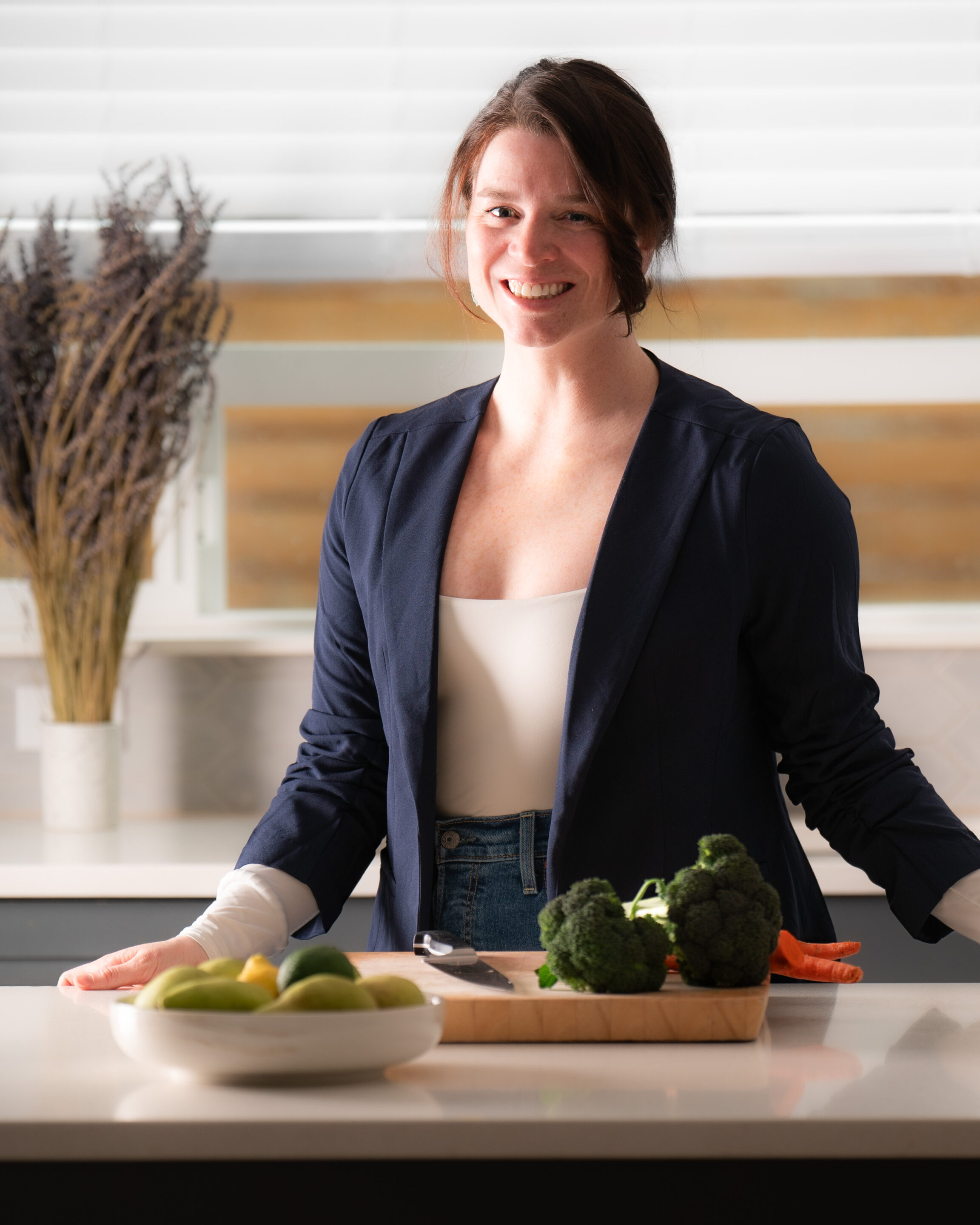Published: November 18, 2024
Last updated: January 9, 2025
Plant-Based Protein: A Nutritious, Ethical, and Sustainable Choice
Incorporating plant-based proteins into your diet is a smart way to boost nutrition, make ethical choices, and be kind to the planet. Whether you want to eat less meat or embrace a fully plant-based lifestyle, these protein-packed options offer flavor, versatility, and health benefits. Beyond personal health, choosing plant-based proteins can also align with ethical values, supporting animal welfare and reducing environmental harm.
For Flexitarian Living, individuals who enjoy a mix of a plant-based diet and animal-based foods, plant-based proteins are a great way to balance your plate while supporting your health and values.
Let’s explore how these choices can make a difference for your body, animals, and the Earth.
Why Choose Plant-Based Proteins?
The way our food is produced impacts more than just our plates, it affects animals, the environment, and our health. Traditional animal farming raises significant concerns about animal welfare, with millions of animals kept in confined spaces and enduring harsh conditions. By choosing plant-based proteins, you can opt out of practices that cause animal suffering, making a more compassionate and ethical choice.
Plant-based proteins also have a smaller environmental footprint compared to meat production. Livestock farming is a leading cause of greenhouse gas emissions, deforestation, and water pollution. Incorporating more plant-based foods into your diet helps reduce demand for resource-heavy practices.
In addition to these ethical and environmental benefits, plant-based proteins are incredibly nutritious. They’re packed with fiber, vitamins, and minerals and are naturally low in saturated fats. Eating more plant-based meals isn’t just for vegans or vegetarians, it’s a healthy option for everyone.
Myths About Plant-Based Proteins
Think you can’t get enough protein on a plant-forward diet or that plant-based proteins lack essential amino acids? These common misconceptions couldn’t be further from the truth! With a variety of foods like beans, tofu, quinoa, and lentils, it’s easy to meet your protein needs and get all nine essential amino acids. Plant-based proteins aren’t just for vegans—they’re a great choice for flexitarians or anyone looking to add variety to their meals.
Check out this article for more on these myths!
Top Plant-Based Protein Sources
Beans and Lentils
Beans and lentils are a cornerstone of plant-based eating. They’re affordable, versatile, and packed with protein, dietary fiber, and essential nutrients.
- Popular Varieties: Black beans, chickpeas (or garbanzo beans), kidney beans, black-eyed peas, and red lentils.
- Nutritional Power: About 15-18 grams of protein per cooked cup. Add them to soups, salads, or tacos for a satisfying meal.
Recipes:
The Best Butter Bean Curry with Lentils
Black Bean Mango Salad Recipe: Ready In Minutes!
Easy Falafel in Air Fryer: The Best Meal Prep Recipe
Tofu
Tofu is made from soybeans and acts like a blank canvas, soaking up the flavors of your favorite marinades and sauces.
- Types: Silken, soft tofu, firm, and extra-firm tofu work in everything from smoothies to stir-fries.
- Nutrition Highlights: Around 10 grams of protein per half-cup, plus calcium and iron for strong bones.
Recipes
The Best Silken Tofu Breakfast Scramble Recipe
Easy Glass Noodles Salad with Vegetables and Tofu
Tempeh
Tempeh is another soy-based superstar, but it’s fermented, giving it a firm texture and nutty flavor.
- Health Benefits: About 15 grams of protein per 3-ounce serving, along with probiotics for gut health and fiber to keep you full.
- Try it crumbled in tacos or sliced into sandwiches.
Nuts and Seeds
Nuts and seeds are perfect for snacking or adding crunch to meals. They also provide protein and healthy fats.
- Popular Picks: Almonds, walnuts, pumpkin seeds, peanut butter or other nut butters, hemp seeds, sesame seeds, sunflower seeds, chia seeds, and flaxseeds.
- Nutritional Value: Around 5-7 grams of protein per ounce, along with omega-3 fatty acids for heart health.
Recipes
Healthy and Delicious Date Caramel with Almond Butter
The Best Homemade Vanilla Cinnamon Peanut Butter
Plant-Based Meats
Plant-based meats are a convenient way to enjoy familiar textures and flavors of animal protein without animal products.
- Common Brands: Beyond Meat, Impossible Foods.
- Protein Content: 15-20 grams per serving, depending on the brand. Add them to pasta dishes, burgers, or stir-fries for an easy protein boost.
Soy Milk
If you’re looking for a dairy-free milk alternative, soy milk is a top choice.
- Nutritional Highlights: About 7 grams of protein per cup, often fortified with calcium and vitamin D.
- Use it in smoothies, coffee, or cereal.
Recipes:
Healthy Berry Bliss Tropical Smoothie Copycat Recipe
Healthy Peanut Paradise Tropical Smoothie Café Copycat
Vegetables
While they’re not the highest in protein, vegetables still contribute to your daily intake and offer tons of vitamins, minerals, and antioxidants.
- High-Protein Veggies: Broccoli, spinach, and Brussels sprouts are great choices.
- Pair them with a protein-rich side, like beans or quinoa, for a balanced meal.
Recipes
Asparagus and Cherry Tomatoes Recipe with Garlic Herb Butter
Quick Roasted Acorn Squash Recipe with Cranberries & Quinoa
Healthy Cashew Caesar Salad Recipe Without Anchovies
Tips for Adding Plant-Based Proteins to Your Diet
- Start Small: Swap meat for a plant-based protein source, such as beans, tofu, or plant-based meats, in one or two meals a week.
- Mix It Up: Try a variety of plant proteins to keep meals interesting.
- Make it Easy: Use canned beans, frozen veggie burgers, or tofu to save time.
- Snack Smart: Grab a handful of roasted chickpeas or seeds when you need a quick bite.
The Bottom Line
Choosing plant-based proteins isn’t just about nutrition, it’s a step toward living in harmony with your values. Whether you’re motivated by health, ethics, or sustainability, incorporating these foods into your diet can help you make a positive impact on the world around you.
More Articles From Sarah Harper, Registered Dietitian
How To Make A Flexitarian Breakfast
Easy Flexitarian Pantry Guide: Must Have Pantry Basics
Flexitarian 101: Your Practical Guide to The Flexitarian Diet
Hi, I’m Sarah Harper, a Registered Dietitian Nutritionist passionate about cooking, eating, and sharing all things food! At The Addy Bean, you’ll find a variety of flexitarian recipes designed to inspire and empower you to explore the delicious world of plant-based eating. My mission is to make plant-forward meals approachable, enjoyable, and part of your everyday life!











0 Comments